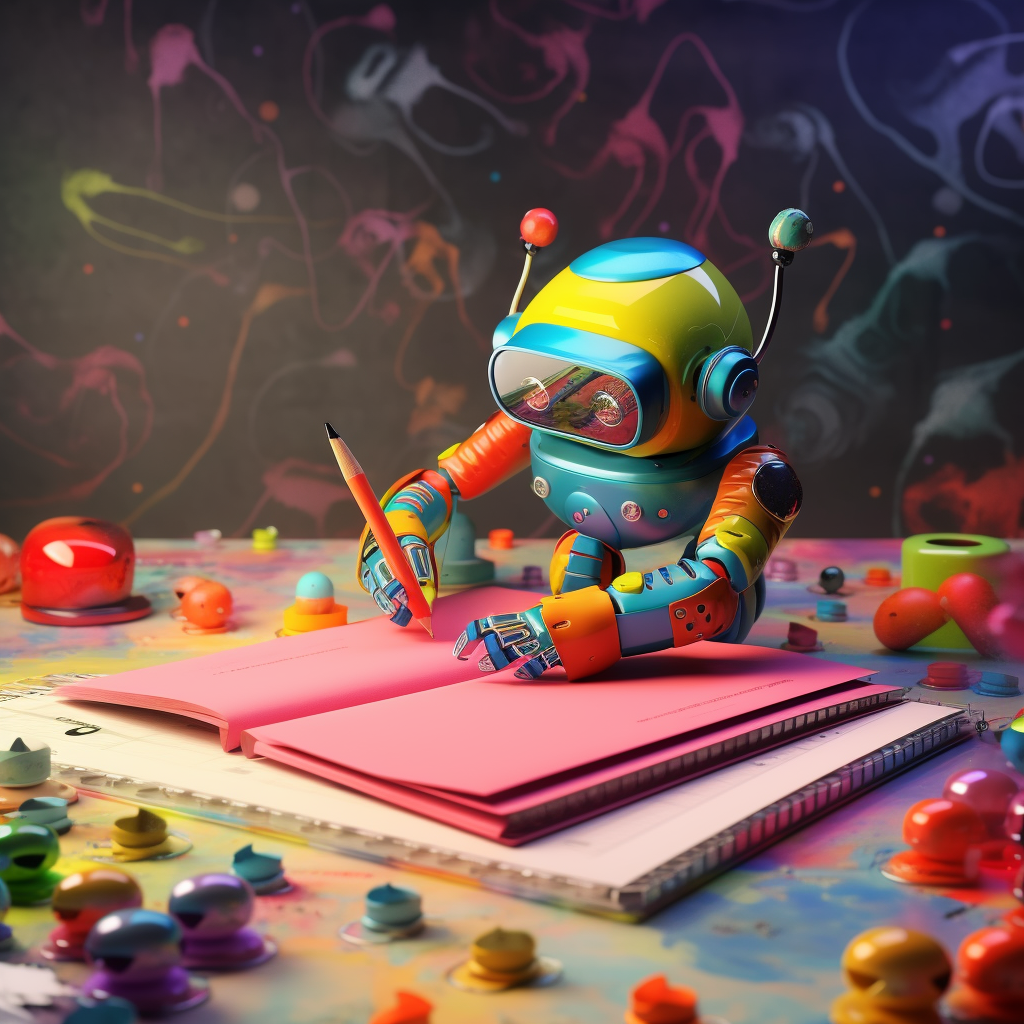
The future of Writing and how Artificial Intelligence may threaten it
The world of writing is constantly evolving and changing, and the rise of artificial intelligence (AI) has sparked concerns about the future of writing as we know it. While AI technology can be a valuable tool for writers, there are fears that it could ultimately replace human writers altogether.
AI has already made its mark on the world of writing in a number of ways. For example, AI-powered chatbots and virtual assistants are being used to generate content for websites, social media, and other digital platforms. These programs can quickly generate content based on user input or pre-set templates, saving time and effort for businesses and marketers.
In addition, AI can be used to analyze large amounts of data, helping writers to identify trends, insights, and patterns that might otherwise go unnoticed. This can be particularly useful in fields such as journalism, where writers need to keep up with rapidly changing news cycles and produce stories quickly.
However, there are also concerns that AI could eventually replace human writers altogether. Some experts predict that AI-powered writing programs could eventually become so advanced that they are able to generate high-quality, original content without any human input at all. This could have a significant impact on the job market for writers and could also lead to a decrease in the quality of writing produced.
One of the biggest concerns is that AI-generated content may lack the creativity, emotion, and nuance that human writers bring to their work. While AI programs can certainly produce content that is grammatically correct and factually accurate, they may struggle to capture the more subtle aspects of writing, such as tone, voice, and style.
In addition, there are concerns about the potential for AI-generated content to be used to spread misinformation or propaganda. If AI-powered bots are able to create convincing content that is difficult to distinguish from human-written content, it could become much easier for malicious actors to spread false information or manipulate public opinion.
Despite these concerns, many experts believe that AI will ultimately be a positive force for writing. By automating certain tasks and providing writers with valuable insights and data, AI can help to improve the quality and efficiency of writing. However, it will be important for writers and other stakeholders to carefully consider the potential implications of AI for the future of the writing profession.
This article was (ironically) written by ChatGPT.
Picture by: Midjourney




